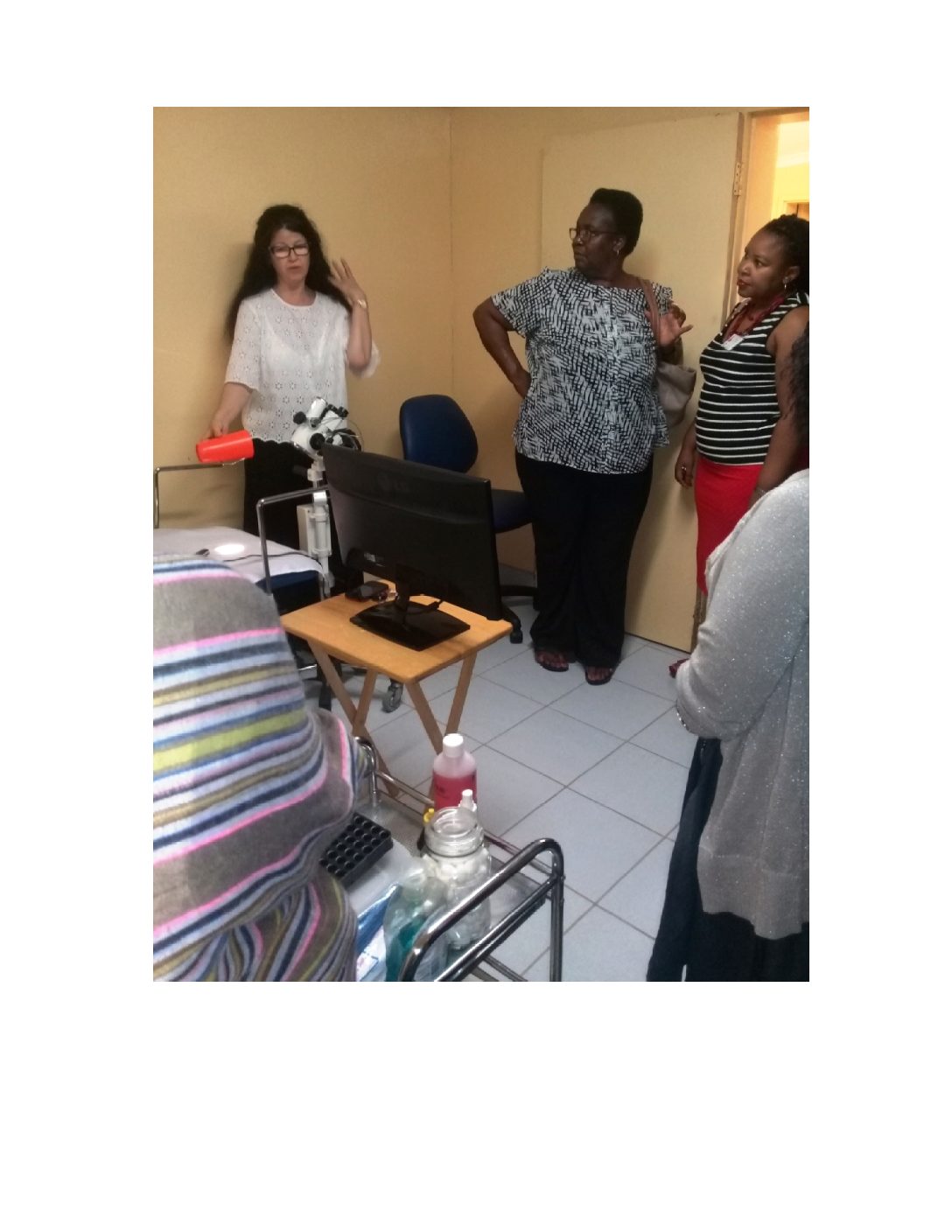
Feb 14, 2017
The BRIGHT Otimati Youth Research Clinic in Ilembe had the honour of welcoming dignitaries from the National Department of Health (DoH) Head office in Tshwane. The dignitaries were led by the Director for Communicable Disease Control Ms Tsakani Furumele and the Head of Helminth Control Mrs Takalani Nemungadi. Also present were six of their team members and a representative from the Ilembe DoH, Mrs Nontobeko Ndadane. This comes as the BRIGHT research team embarks on the world’s first a randomized control trial on important research questions. Young women in Ilembe and King Cetshwayo Districts will again be invited for world class investigations. The dignitaries were given a tour of the research clinic and staff members presented the study recruitment activities, from driving to get the high school learners to how they go about with the procedures. The delegation was in KZN for a three day meeting dedicated to several aspects of Helminthic diseases, Bilharzia has been found to be very common in King Cetshwayo and Ilembe...
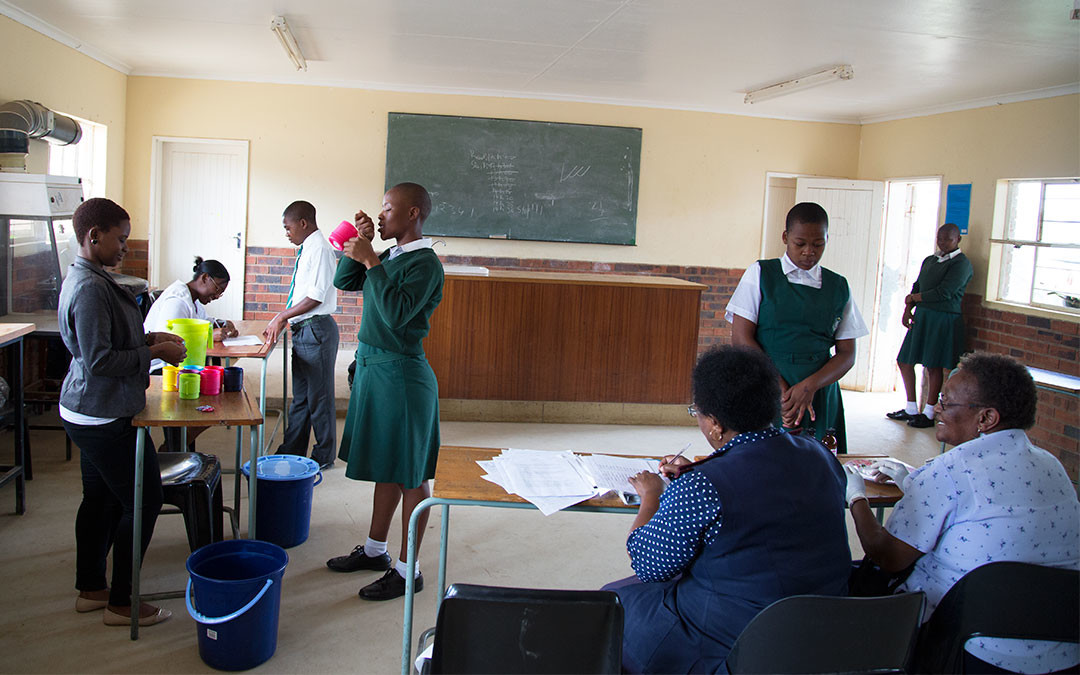
Nov 8, 2016
Ten countries – Kenya, Lesotho, Malawi, Mozambique, South Africa, Swaziland, Tanzania, Uganda, Zambia, and Zimbabwe – account for nearly half of all the new HIV infections that occurred among adolescent girls and young women globally in 2014. Girls and young women account for 71 percent of new HIV infections among adolescents in sub-Saharan Africa. This must change. The DREAMS initiative aims to help girls develop into Determined Resilient Empowered AIDS-free Mentored and Safe women. Many adolescent girls and young women lack a full range of opportunities and are too often devalued leading them to be seen as unworthy of investment or protection. Social isolation, economic disadvantage, discriminatory cultural norms, orphanhood, gender-based violence, and school drop-out all contribute to girls’ vulnerability to HIV. We wish to ensure an AIDS-free future for adolescent girls and young women. DREAMS will build upon existing evidence-based approaches and infuse additional resources and innovative approaches to better meet the needs of adolescent girls and young women. Read more...
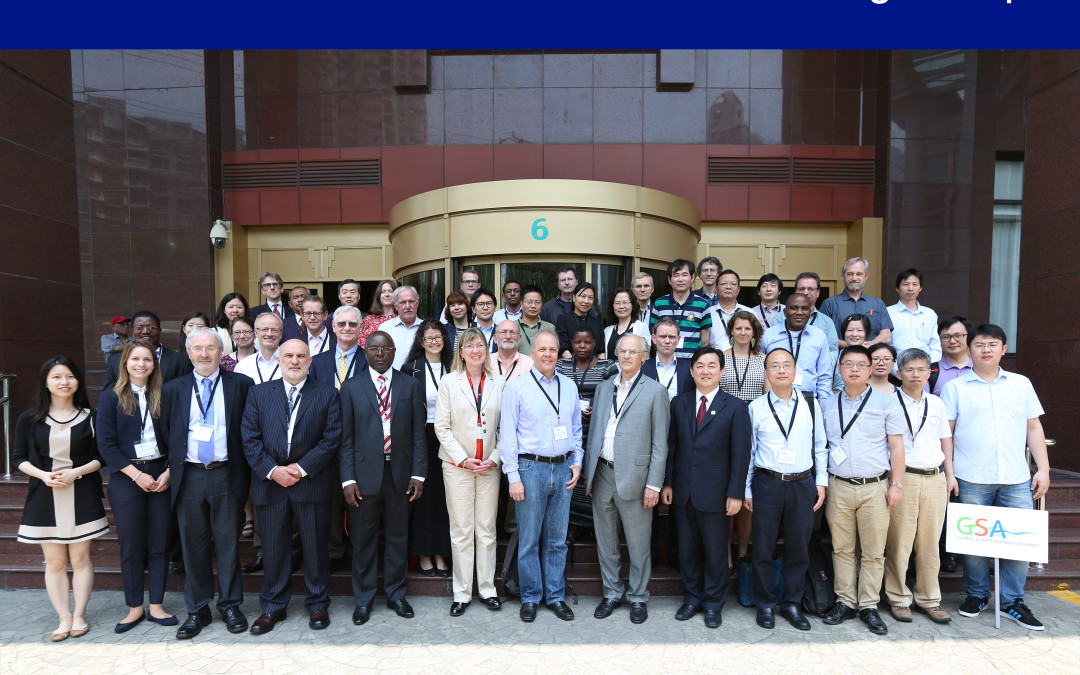
Jun 14, 2016
The Research Working Group of the Global Schistosomiasis Alliance (GSA) convened for two days to agree how to apply operational research to enhance efforts to eliminate schistosomiasis. On 14 June 2016, leading experts in the control and elimination of schistosomiasis from around the world gathered in Shanghai to advance the World Health Organization’s goal of worldwide elimination of the disease. However, 50 years after elimination, we will still have gynaecological disease and HIV susceptibility. The two-day meeting brought together health specialists to discuss such topics as new drugs, mapping the transmission of the disease and alternative control...
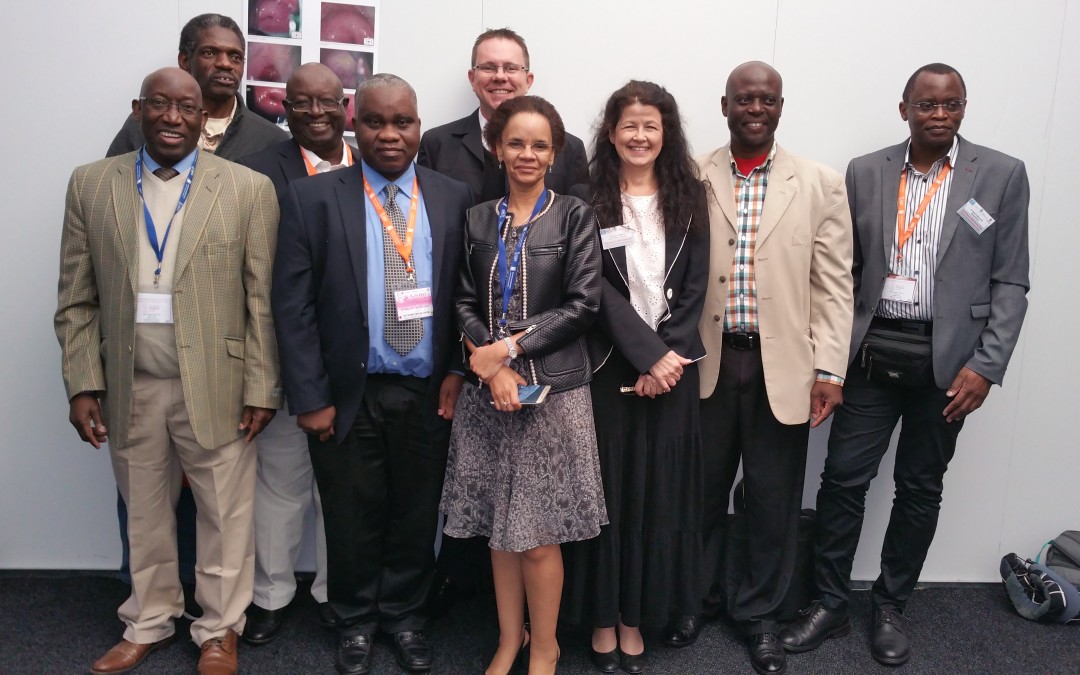
May 5, 2016
The WHO Pocket Atlas for Female Genital Schistosomiasis (FGS) was launched at the Congress for South African Society for Obstetricians and Gynaecologists (SASOG 2016). The South African Centre for Disease Control was represented by Dr Patrick Hlungwani. Furthermore, Dr Lester Chitsulo, parasitologist and former WHO leader for Bilharzia work presided over the launch together with gynaecologists from several countries. From left to right: Gynaecologist Francis Hyera, University of Limpopo, Department of Public Health Medicine, South Africa. Gynaecologist Roland Eddie Mhlanga, Mpumalanga Provincial Specialist Obstetrics and Gynaecology, South Africa. Dr Lester Chitsulo, Malawi. Gynaecologist Bellington Vwalika, University Teaching Hospital, Zambia. Professional Nurse Deon Bezuidehout, Clinical Research, Merck, South Africa. Gynaecologist Motshedisi Sebitloane, Nelson Mandela School of Medicine,University of KwaZulu-Natal, South Africa. Dr Eyrun F Kjetland, Research Fellow, Nelson Mandela School of Medicine/Norwegian Centre for Imported and Tropical Diseases. Mr Patrick Hlungwane, Communicable Disease Control, National Department of Health, South Africa. Gynaecologist Sibone Mocumbi, Maputo Central Hospital,...
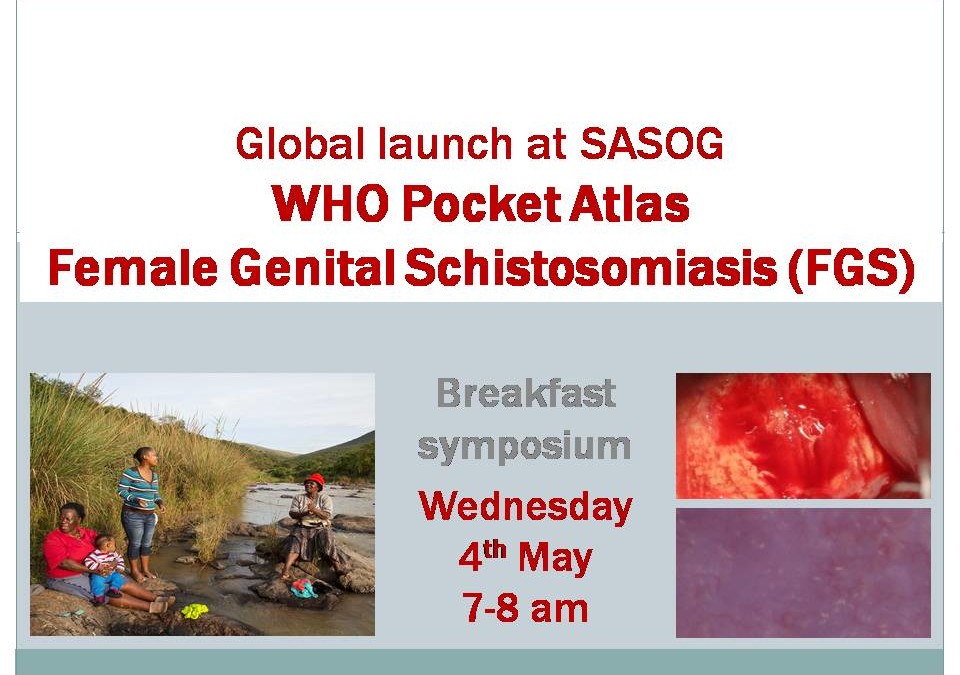
Apr 15, 2016
At the Congress for South African Society for Obstetricians and Gynaecologists – there will be a global launch of the WHO Pocket Atlas for Female Genital Schistosomiasis (FGS). Statement: Female genital schistosomiasis (FGS) is recognised as a gynaecological complication of schistosomiasis (Bilharzia) affecting approximately 150 million females globally. There are no point-of-care laboratory tests for diagnosis. Key to diagnosis is visualization of the lesions by a trained health professional. Visualisation is enhanced with a digital camera and screen, or with a colposcope if available. Different forms of lesions include grainy sandy patches, homogeneous yellow sandy patches, rubbery papules and abnormal blood vessels. This pocket atlas aims to assist clinicians to recognise the lesions and manage the patients. Administration of Praziquantel (single dose) prevents new lesions and morbidity. This is supported by the World Health Assembly Resolution 54.19 which calls for “treatment of clinical cases and groups at high risk of morbidity, such as women and children”. The working group recommends that all health workers in schistosomiasis endemic areas who are attending to females should consider the diagnosis of female genital schistosomiasis. There is a biological plausibility of a link between FGS and the acquisition of HIV and HPV. A comprehensive history should be taken to identify other cases at risk, girls especially, and suspected cases should be treated with...
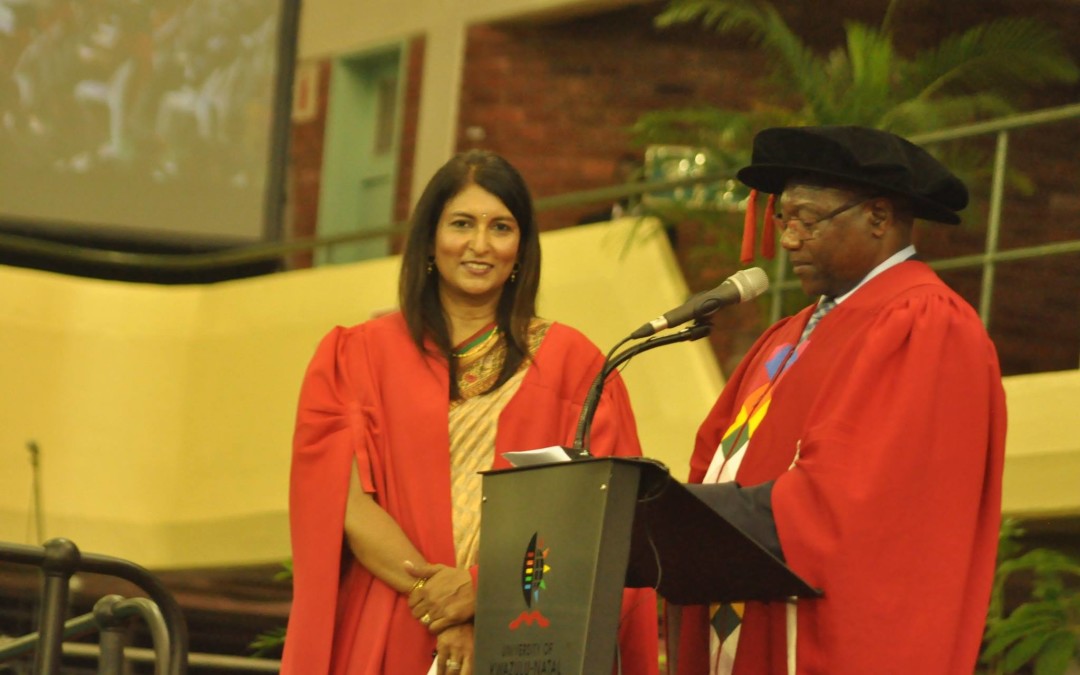
Apr 14, 2016
The examiners of Dr Pavitra Pillay’s PhD thesis wrote: “I am highly impressed with the excellent quality…. this work is of vital importance for South Africa and should be heard by anybody interested cervical cancer”. “The studies have been well planned and the candidate has done very nice and solid scientific work.” In her thesis Dr Pillay has shown how schistosomiasis can be a potential risk factor for the acquisition cervical squamous cell atypia and HIV. It is recommended that regular mass drug administration for schistosomiasis is implemented and public health interventions raising awareness of cervical cancer are instituted targeting young women and men in endemic populations. Title: “Female genital schistosomiasis (FGS) is a potential risk factor for squamous cell atypia and HIV among young women from schistosomiasis endemic populations” PhD registered: University of KwaZulu-Natal (UKZN), South Africa Main supervisor: Professor Myra Taylor, UKZN Co-supervisors: Dr Eyrun F Kjetland, Oslo University Hospital, Norway/UKZN and Professor Lisette van Lieshout, Leiden University Medical Centre, The Netherlands Other supervisor: Professor Borghild Roald, University of Oslo, Norway ...







